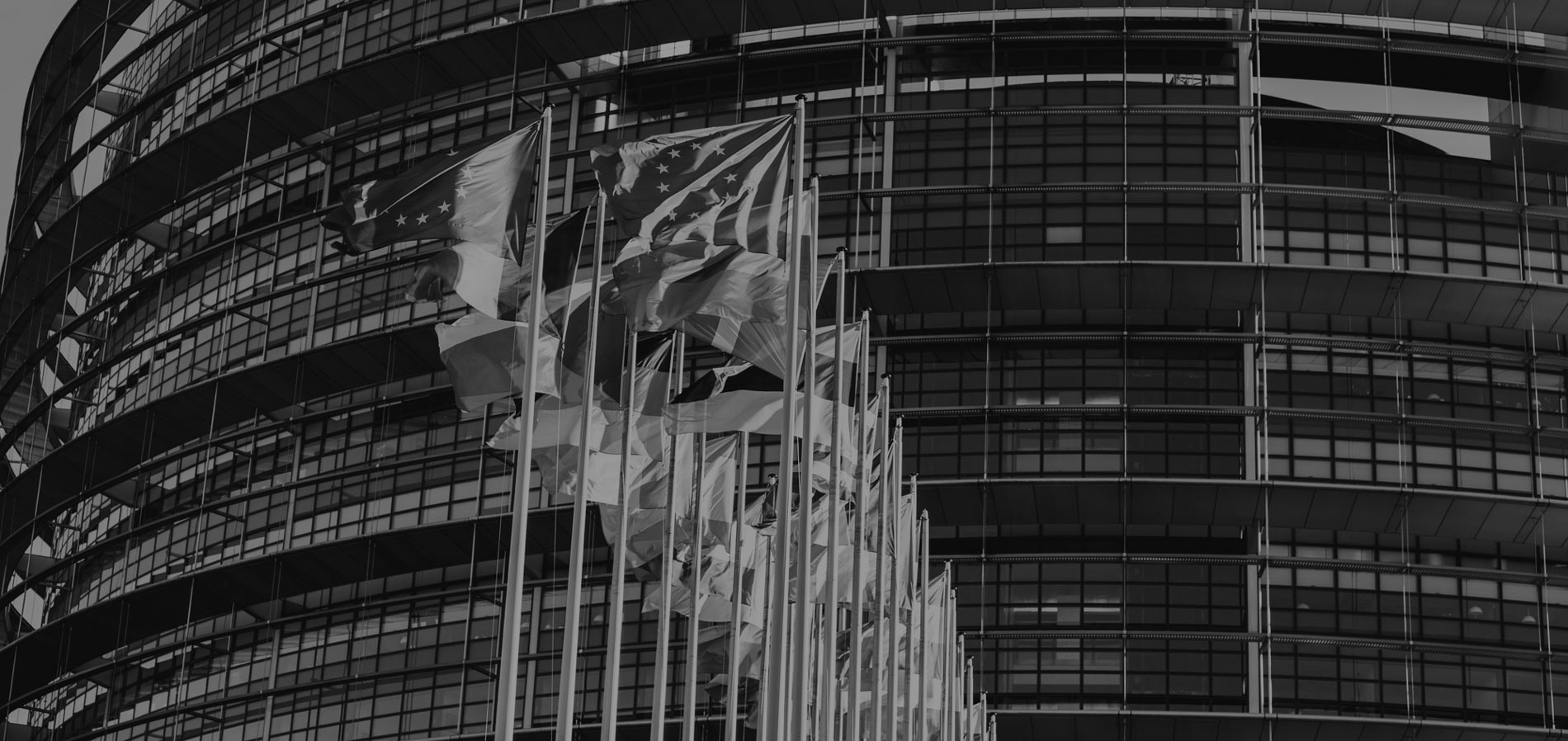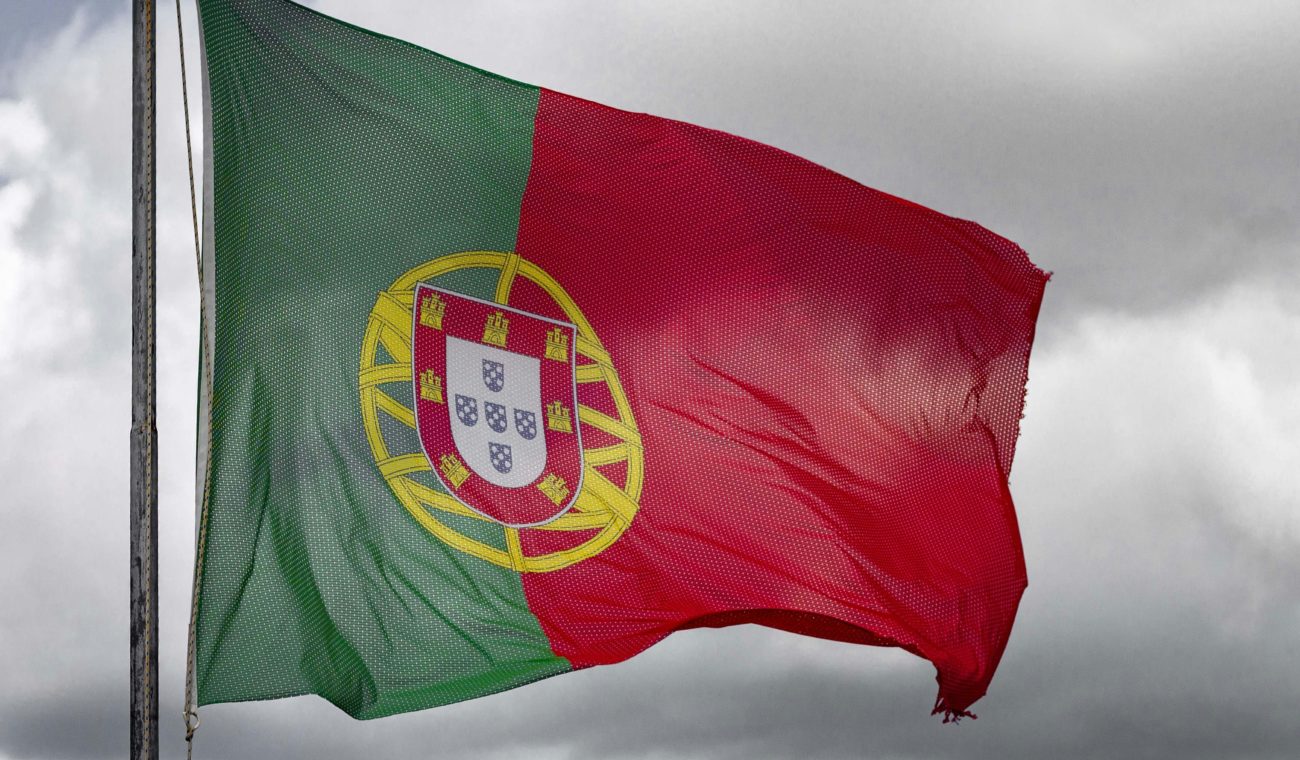Elections in Portugal : Victory for the Right and the Patriots
The elections of March 10, 2024, were marked by two upheavals: the victory of the center-right after nine years of socialist government, and the very strong advance of Chega’s patriots. The question now is who will the new government turn to: the left or the patriots?
Portugal, a bastion of the left/right divide?
Since the return of democracy following the Carnation Revolution in 1974, Portuguese political life has been dominated by two political parties: the left-wing Socialist Party (PS), and the Social Democratic Party, a catch-all party ranging from the social-democratic center-left to the conservative right, but overall center-right.
Alongside these two parties is a radical left, historically strong because of its role in bringing down the Salazar regime, divided between the Left Bloc and the Portuguese Communist Party (PCP). While the Bloc resembles the rest of the European radical left, the PCP has remained an “old-style” Marxist-Leninist communist party, critical of the European Union, immigration and certain progressive measures. Since 2022, the radical left has been in trouble, as the left-wing electorate does not forgive it for having brought about the fall of the Socialist government in 2022 and new elections.
Conversely, patriotic parties have struggled to emerge for decades. There are two reasons for this. Firstly, the memory of Salazar’s dictatorship, to which any truly patriotic or conservative party was immediately linked (a similar phenomenon could be observed in Spain until the emergence of Vox). Secondly, the Communist Party’s populist rhetoric enabled it to appeal to the working classes, whereas in the rest of Europe, this electorate was turning to right-wing populist parties.
The emergence of Chega and the fall of the Socialists
Things began to change in 2019 with the emergence of a new patriotic party, Chega, a member of the Identity and Democracy Party. This party has been making progress since its creation. In 2019, when it first took part in the elections, it won just 1% of the vote, but three years later it had already risen to 7%. It is benefiting from the collapse of the radical left and the corruption scandals affecting the left-wing government. At the same time, the rise in immigration and related problems strengthened the patriots.
At the same time, the Socialists have seen their popularity melt away. The 2022 elections had been a triumph for the Portuguese Socialist Party, which had won an absolute majority in parliament. Since the return of democracy, this was only the second time after 2005 that the Socialists had won a majority. Given that they had already been in power since 2015, it was a real success for them, confirming a dominance of the Portuguese left that seemed unstoppable. However, the Left was caught up in a corruption scandal linked to concessions for lithium exploration and hydrogen production, a scandal that tarnished not only the Socialist Prime Minister, but also several ministers in his government, leading to the fall of the latter and new elections. The corruption affair deeply damaged the popularity of Portugal’s socialists, and the polls predicted a centre-right victory.
A country without a government majority
As expected, the elections saw the victory of the Democratic Alliance (AD), a center-right coalition created around the Social Democratic Party and bringing together the liberal and conservative right. With 29.5% of the vote and 79 seats out of 226, the center-right narrowly surpassed the Social Democratic Party (28.7% and 77 seats). The other winners of these elections were unquestionably the patriots. Chega doubled its score with 18% of the vote and 48 seats (compared with 12 previously), establishing itself as the country’s third strongest force. The question now is with whom the center-right will govern. Neither the Democratic Alliance and its liberal allies, nor the Socialist Party and its ecologist and radical left-wing partners have a majority. To govern, the center-right has two options: a minority government with the tacit support of the left, or an alliance with the patriots.
This question has dominated the political scene in Portugal for several weeks: will the Social Democratic Party break the cordon sanitaire? For the moment, the answer is no. The president of the Social Democratic Party stated before and after the elections that he had no plans to form an alliance with Chega. For its part, the Socialist Party has assured that it would not prevent the formation of a minority government if this were the only way to avoid Chega coming to power. Two things stand out, however. Firstly, if we set aside the patriots, the left is stronger than the right and center. Secondly, the Democratic Alliance ran a very right-wing campaign, highlighting issues such as security and immigration, thus bringing its discourse closer to that of Chega. This made it difficult to pursue a policy in concert with the left. In any case, patriots will emerge stronger from this sequence. Either they will be integrated in one way or another into the right-wing government, which will confirm that they have become a major political force in the country. Or, they will be the only real opposition to a center-right government supported by the left, allowing the emergence of a divide no longer between left and right, but between patriots and globalists.






